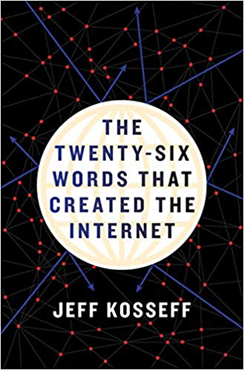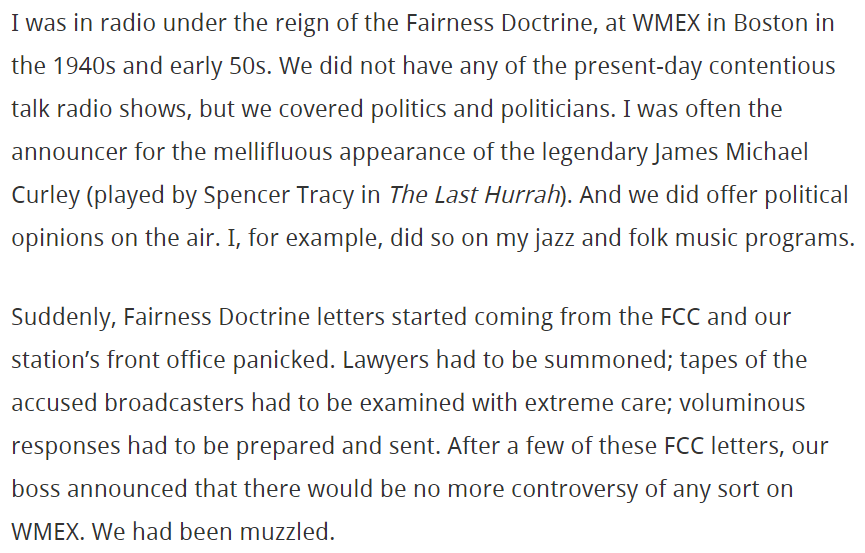
innovation policy analyst at @RSI. Author of Permissionless Innovation (2016) & Evasive Entrepreneurs (2020). Harry Tuttle is my hero.
How to get URL link on X (Twitter) App






 Gary identifies 4 reasons why emerging technologies present major challenges for traditional regulation:
Gary identifies 4 reasons why emerging technologies present major challenges for traditional regulation: 


 2/ Experts featured in this chapter include: @taylor_owen, @tylercowen, @paulmromer, @elidourado, @deboraspar, @cshirky, @benjaminwittes, @mgurri, @anjiecast, @hamandcheese, @JasonKuznicki, @CristieFord_Law, Albert Hirschman, Stephen J. Kobrin, J.P. Barlow & many others.
2/ Experts featured in this chapter include: @taylor_owen, @tylercowen, @paulmromer, @elidourado, @deboraspar, @cshirky, @benjaminwittes, @mgurri, @anjiecast, @hamandcheese, @JasonKuznicki, @CristieFord_Law, Albert Hirschman, Stephen J. Kobrin, J.P. Barlow & many others.



https://twitter.com/Slate/status/1136952582646185984for those glorifying the Fairness Doctrine, I encourage them to read the great Nat Hentoff's essay, "The History & Possible Revival of the Fairness Doctrine," about real-world experience of life under the FCC's threatening eye. Read passage below... imprimis.hillsdale.edu/the-history-an…
